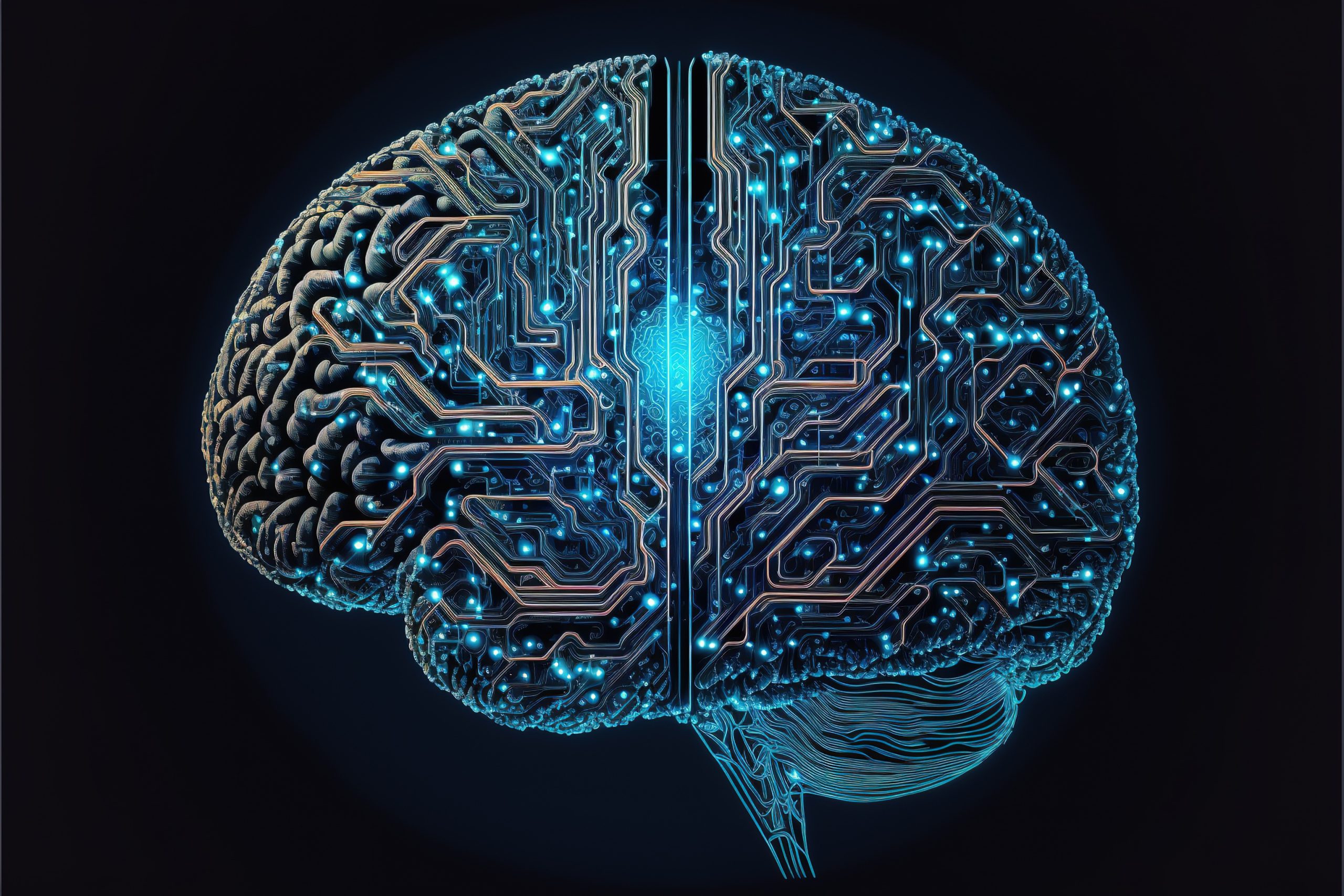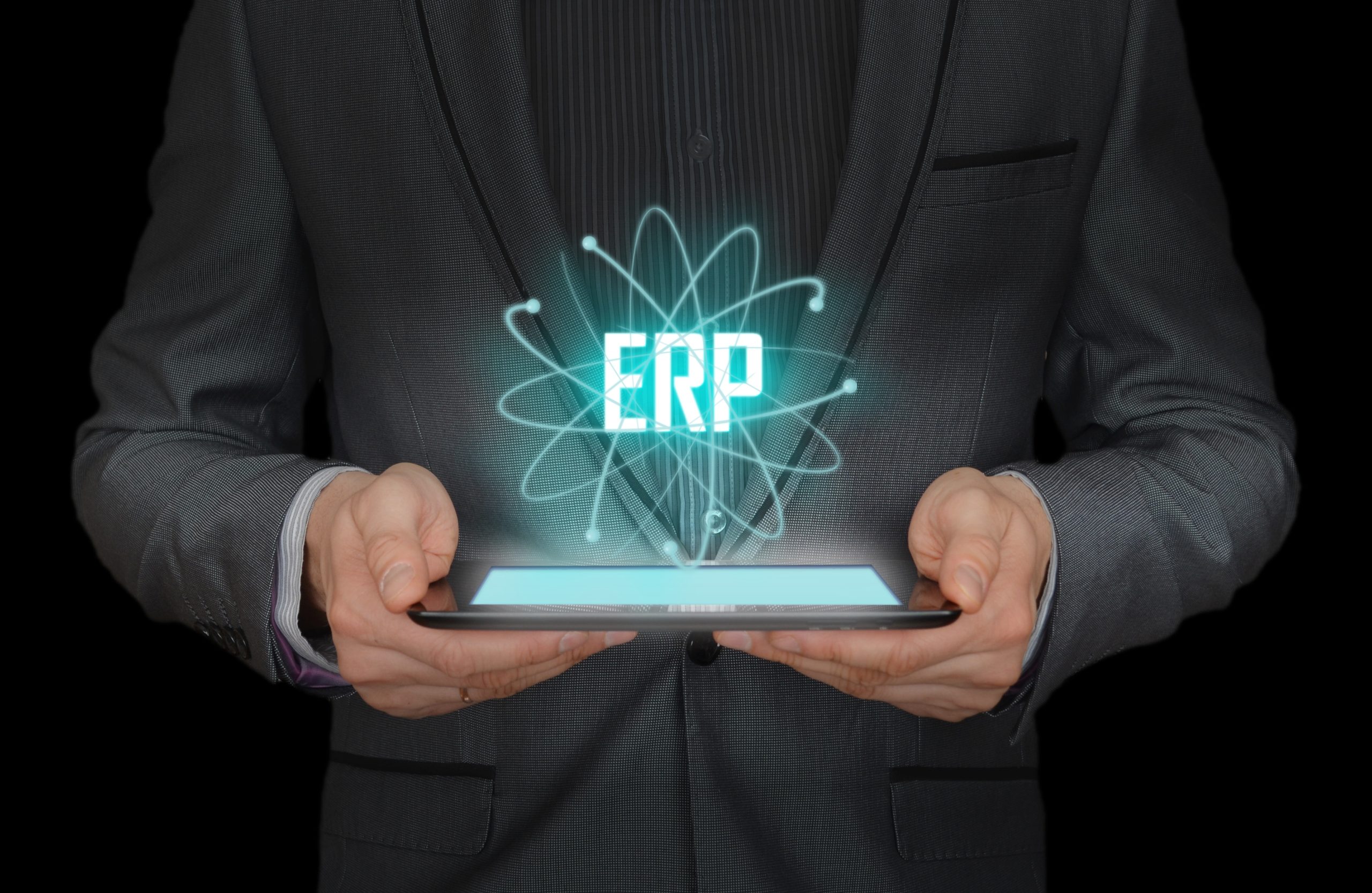Tag: Enterprise Resource Planning
-

How Cognitive Load Is the Silent Killer of Engineering Productivity
In fast-moving software organisations, productivity isn’t just about shipping code. It’s about managing cognitive load. As engineering teams scale, so does the complexity of their tools, responsibilities, and communication flows. Without deliberate design, developers become cognitively overwhelmed, resulting in context switching, burnout, and architectural drift. To build sustainably productive teams, leaders must understand and manage…
-

From Data Lakes to Data Lakehouses: What’s the Difference for Enterprises?
In the landscape of enterprise data architecture, two terms have gained prominence over the last decade: data lakes and data lakehouses. Both have emerged as powerful solutions for managing vast volumes of structured and unstructured data, but as data needs become more complex, so does the technology required to handle them. Enter the data lakehouse:…
-

Data Annotation at Scale: Challenges in Building Accurate Enterprise AI
As artificial intelligence (AI) continues to revolutionise industries, one of the most crucial yet often overlooked components in building robust AI systems is data annotation. Whether it’s for training machine learning models, enhancing natural language processing (NLP) algorithms, or improving computer vision systems, the accuracy and quality of annotated data directly impact the performance of AI…
-

Can AI Outpace And Replace ERP? Unveil the Future of Enterprise Resource Planning
With enterprise technology, one question looms large: Can artificial intelligence (AI) replace traditional Enterprise Resource Planning (ERP) systems? As businesses increasingly adopt AI-driven tools to optimize operations, the relationship between AI and ERP has sparked debates among industry experts. This article delves into the synergies, challenges, and potential outcomes of this technological evolution, offering insights for businesses…